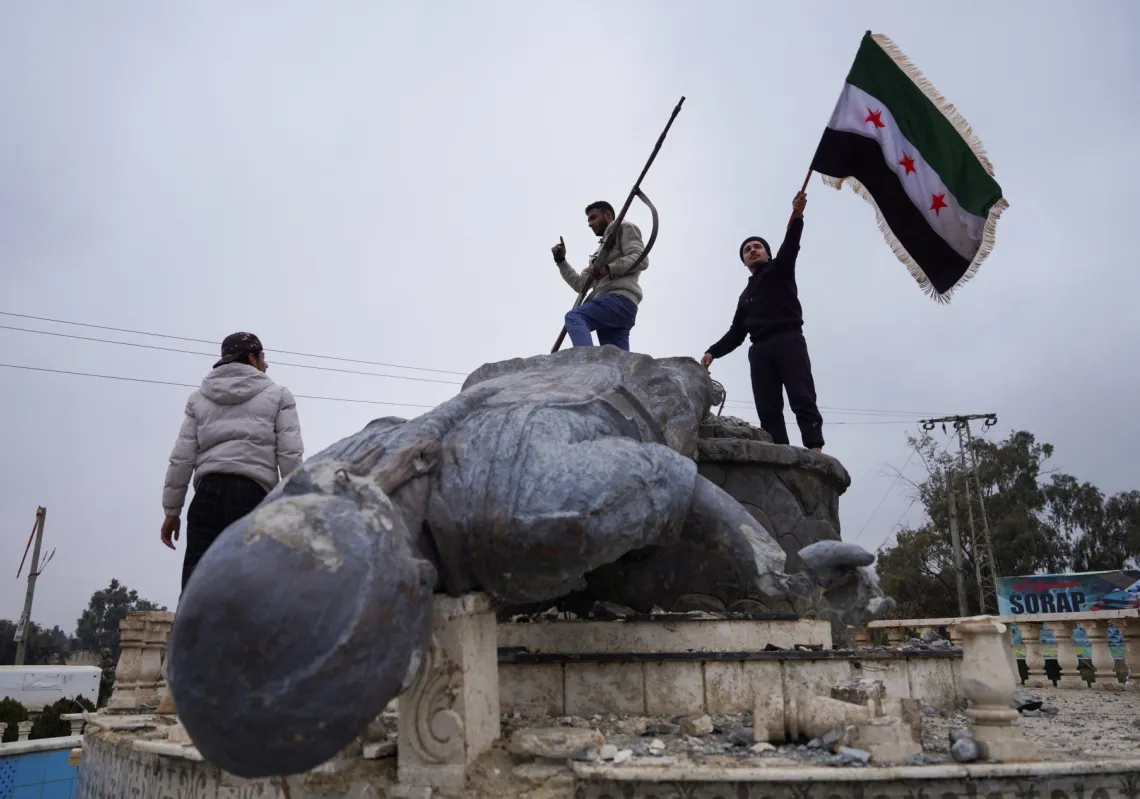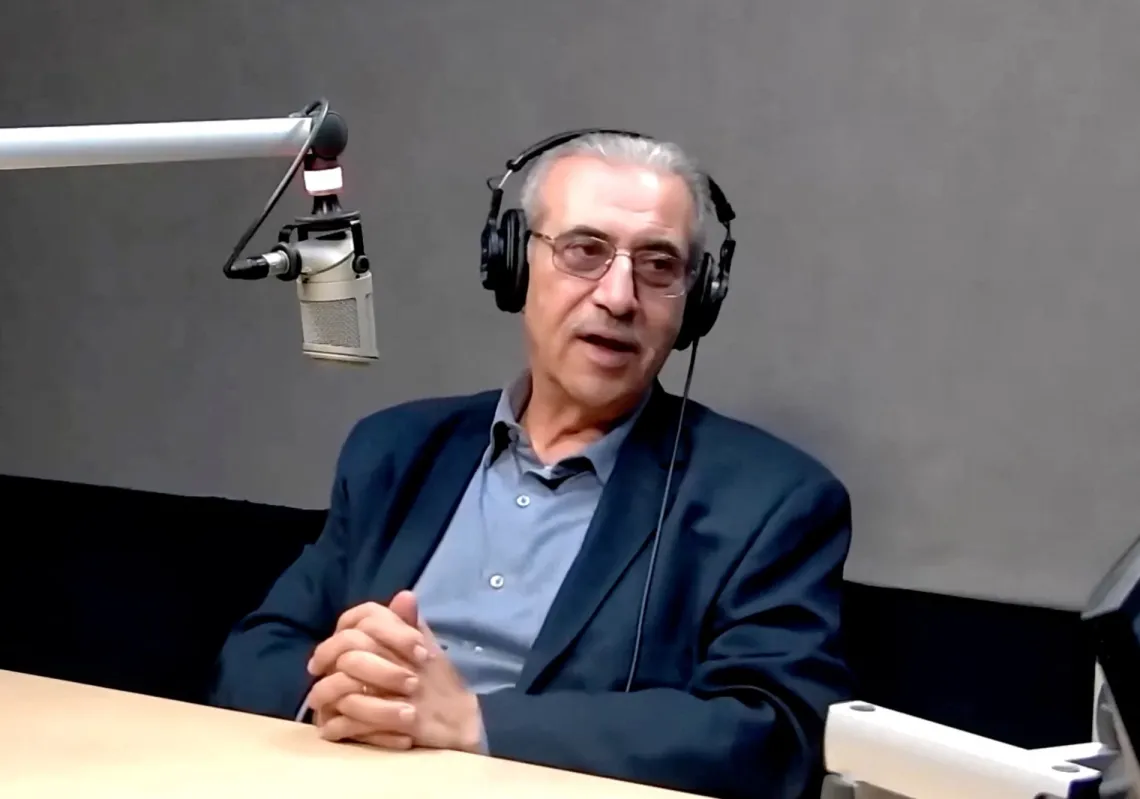
Abdelmejid Tebboune was born on 17 November 1945, in Mishriah (Naama province), southwest of the Algerian Republic. He graduated from the National School of Administration (Algeria). His entire career was in the public service and all the positions he held were through appointments, from an employee in the administration to a secretary-general in several provinces, to the governor of more than one region, then a minister and finally a prime minister.
He began his career in 1969 as a trainee administrator, then administrator in 1972 in the province of Saoura. He occupied the post of secretary-general of the province of Djelfa in 1975, before being transferred in 1977 to the province of Adrar, then to the province of Batna in 1979, and at the province of M’Sila in 1982. From 1983 to 1989, Tebboune held the post of Governor in several provinces: Adrar, Tiaret, and Tizi-Ou
The first ministry Tebboune headed was as the acting Minister of Local Communities in 1991, as a deputy of the Minister of Interior General Larbi Belkhir. He left this position on 19 July 1992, after Ali Kafi was appointed the head of the Supreme State Council, after the assassination of President Mohammed Boudiaf, on 29 June 1992.
Later, he served in the government as Minister of Communication and Culture from 1999 to 2000 under President Abdelaziz Bouteflika, and then from 2000 to 2001 served as Minister-Delegate for Local Government. From 2001 to 2002, he was Minister of Housing and Urban Planning. Ten years later, in 2012, Tebboune returned to the post of Minister of Housing in the government of Prime Minister Abdelmalek Sellal.
Following the May 2017 parliamentary election, Tebboune was appointed on 24 May 2017 by President Bouteflika to succeed Sellal as Prime Minister. Tebboune’s appointment was considered as a surprise by Algerian political elites, who had expected Sellal to be reappointed. The new government headed by Tebboune was appointed on 25 May. Tebboune served as Prime Minister for less than three months before he was dismissed by Bouteflika and appointed Ahmed Ouyahia to succeed him on 15 August 2017; Ouyahia, who is currently in prison, took office the next day. He represented Algeria in several missions abroad (in Iran, in Syria) after his departure from the government.
On 12 December 2019, Tebboune was elected president following the 2019 Algerian presidential election, after taking 58% of the votes, against candidates from both main parties, the National Liberation Front, and the Democratic National Rally). On 19 December, he assumed office and received the National Order of Merit from the acting President Abdelkader Bensalah. Upon his inauguration, Tebboune extended his hand to the protesters, stressing he was ready to meet with protest leaders to “listen to them (and) respond to their concerns.” He said that his priority is to revise the constitution to establish a “new Algeria” that corresponds to the aspirations of the movement, a project that would be put to a referendum. He promised to include “young men and young women” in his new government.








